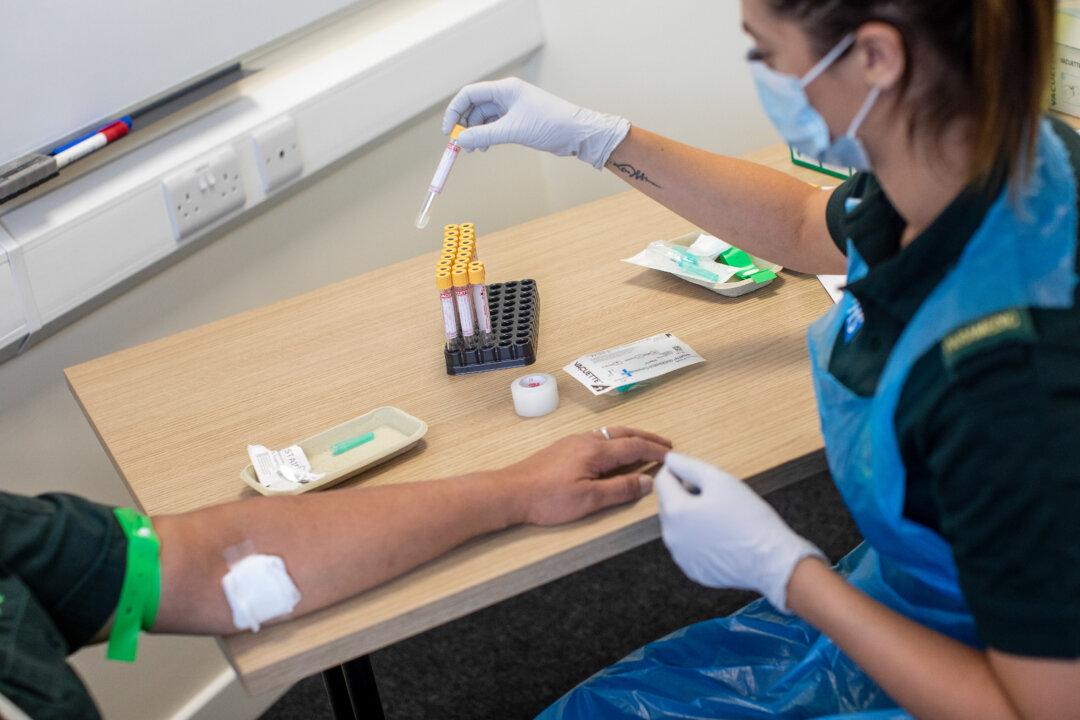A new breakthrough blood test that can reportedly able to spot more than 50 different types of cancer early on has been hailed as a “ground-breaking advancement” that could have tremendous human and economic benefits.
The test, known as Galleri, was created by California-based biotechnology and pharmaceutical company Grail, which is also in partnership with the Mayo Clinic.




